Publications
Articles, publications, books, tools and multimedia features from the U.S. Institute of Peace provide the latest news, analysis, research findings, practitioner guides and reports, all related to the conflict zones and issues that are at the center of the Institute’s work to prevent and reduce violent conflict.
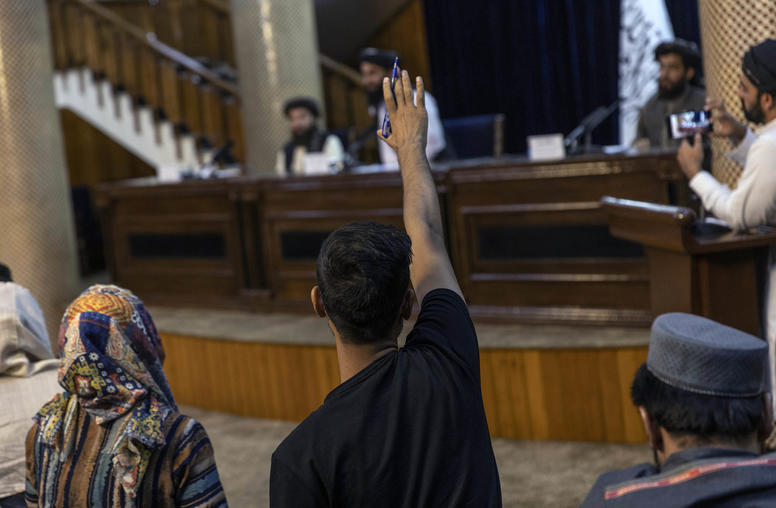
Amid Taliban Repression, Afghan Media Are a Beacon of Hope
Since regaining power two years ago, the Taliban have largely discarded Afghanistan’s democratic institutions but have taken a somewhat accommodating, albeit contradictory, approach toward independent media. Instead of a banning independent media altogether, they have implemented regulatory restrictions and punitive measures to limit free speech and control the media environment. This policy approach seems to be part of an evolving communication strategy that helped enable the group’s rise to power. Despite all the bad news coming out of Afghanistan, resilient, creative journalists and media outlets provide reason for some guarded optimism. The international community should do what it can to support the media sector, which is essential for advocating for citizen rights and providing an information lifeline to Afghans.
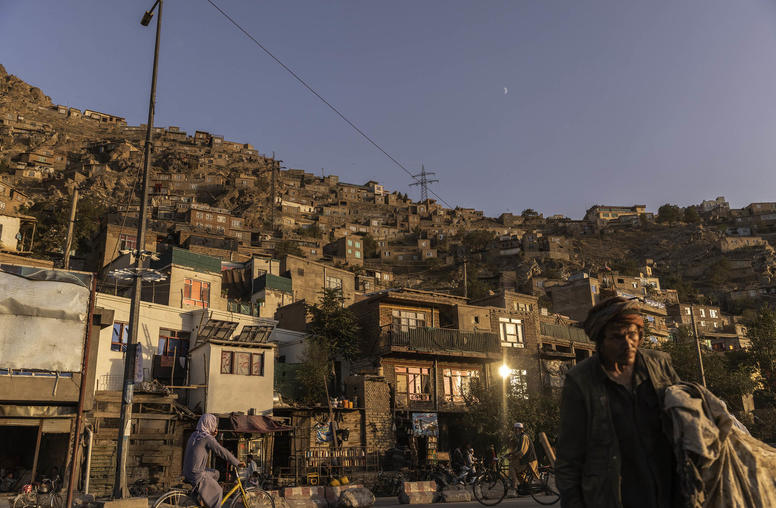
Two Years into Taliban Rule, New Shocks Weaken Afghan Economy
The Taliban have done a better job than expected in managing the Afghan economy despite some missteps. But nevertheless, the Afghan economy seems caught in a low-level equilibrium that leaves most Afghans poor, hungry and in need of humanitarian assistance. Moreover, new headwinds threaten to precipitate further economic decline, risking a repeat of the economic free-fall seen in the initial months following the August 2021 Taliban takeover. Much will depend on whether aid declines sharply or gradually, how seriously the opium ban is enforced for a second year during this fall’s planting season, and whether Taliban gender restrictions are tightened, maintained or weakened.
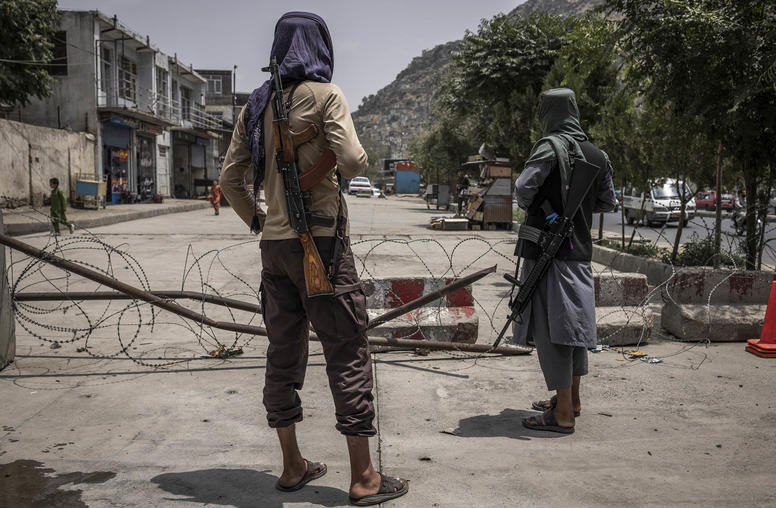
Two Years Under the Taliban: Is Afghanistan a Terrorist Safe Haven Once Again?
Two years into Taliban rule, the question of whether Afghanistan would once again become a safe haven for international terrorism remains alive. Longstanding fears were affirmed a little over a year ago, when the U.S. government located al-Qaeda leader Aimen al-Zawahiri in Kabul, Afghanistan, before killing him in a drone strike. The fact that the Taliban would bring Zawahiri back to Kabul, despite repeated assurances to U.S. negotiators both before and after the Doha agreement that they had distanced themselves from al-Qaeda, significantly elevated concerns.
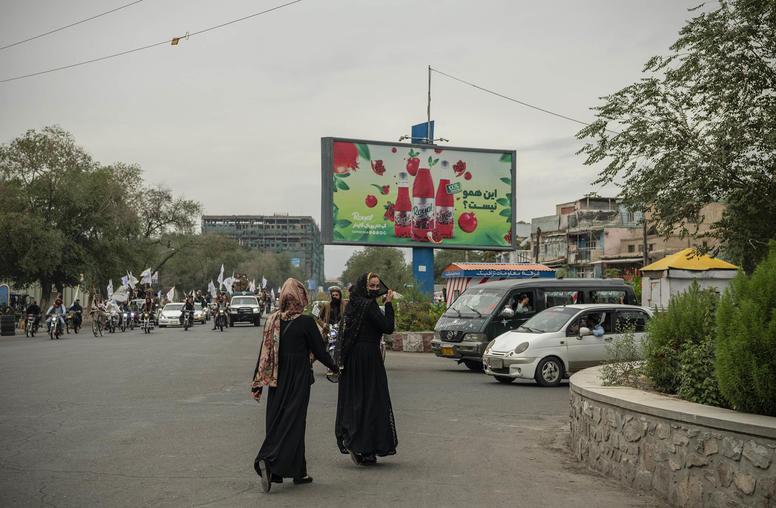
Two Years of the Taliban’s ‘Gender Apartheid’ in Afghanistan
Two years after the Taliban takeover of Afghanistan, the human rights situation in the country is abysmal, with women and girls experiencing the worst of the regime’s policies. There is growing evidence that the Taliban are committing the crime against humanity of gender persecution of women and girls, an assertion Human Rights Watch made in a new report. This summer, the World Economic Forum slated Afghanistan last of the 146 countries it ranked in a study on gender gaps. The scope of the Taliban’s women’s rights restrictions is truly unprecedented.
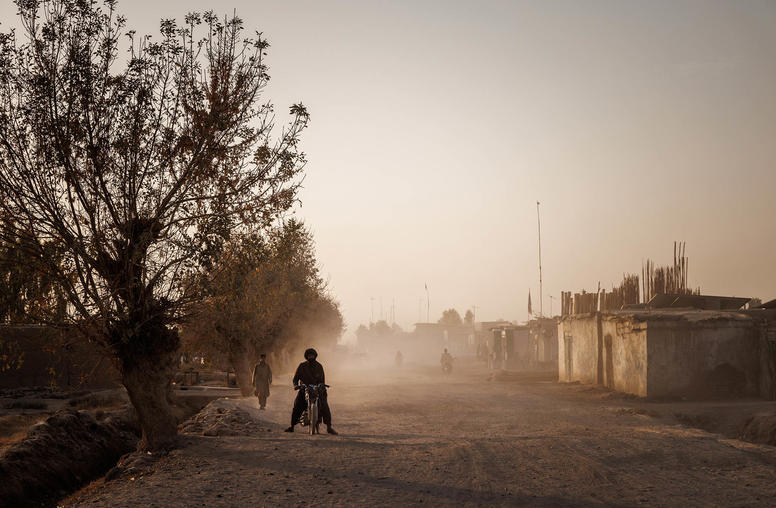
Afghanistan’s Two Years of Humanitarian Crisis Under the Taliban
The Taliban’s takeover of Afghanistan in August 2021 immediately exacerbated the country’s precarious humanitarian situation, leaving millions in need of food assistance and other support. Two years later, the situation remains dire, with Afghan women and girls acutely affected by the Taliban’s draconian restrictions on their daily lives. The international community continues to struggle to find a balance between providing desperately needed aid while also pressuring the regime in Kabul to moderate its hardline policies. While Afghans need emergency assistance, the country will continue to deal with cycles of crises until its deep-seated economic challenges are addressed.
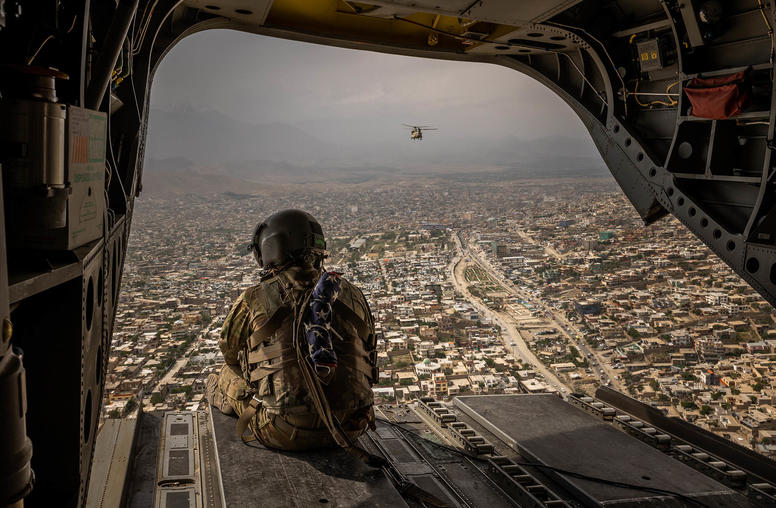
Learning from Failed Peace Efforts in Afghanistan
Over the course of 20 years, the United States made strategic mistakes in its war with the Taliban that helped fuel the insurgency and likely precluded an earlier end to the war. The U.S. government became fixated on a purely military solution, to the neglect of a political solution. This overwhelming focus on dealing the Taliban a decisive defeat was reinforced by the perceived political risks of negotiating a peace agreement with an organization that was seen solely through the lens of the war on terror. The United States should learn from its experience in Afghanistan and the opportunities it missed to reach a better and faster outcome to the war.
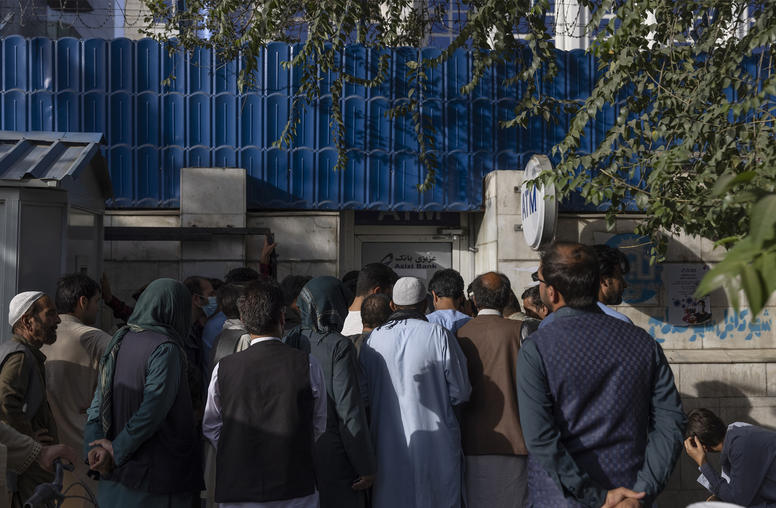
Demands for Prompt Return of Afghan Central Bank Reserves Miss the Full Picture
On August 10, a group of more than 70 international economists sent an open letter to U.S. President Joseph R. Biden Jr. and Treasury Secretary Janet Yellen urging the U.S. administration to promptly return more than $7 billion of Afghanistan’s foreign exchange reserves, held at the New York Federal Reserve Bank, to Afghanistan’s central bank (Da Afghanistan Bank; DAB). The letter followed similar pleas by U.N. officials and others. However, following the killing of al-Qaida leader Ayman al-Zawahiri in a U.S. drone strike in Kabul on July 31, the administration announced it will not release any of the reserves for recapitalization of DAB. The economists’ letter, though well-intentioned like other requests to return the reserves to DAB, does not take into account the very real constraints imposed by the U.S. legal system and judicial proceedings, as well as serious problems at DAB.
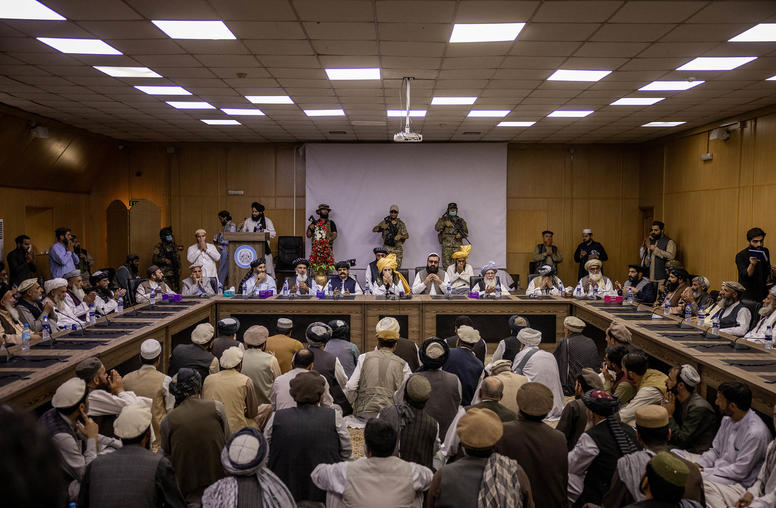
One Year Later: Taliban Reprise Repressive Rule, but Struggle to Build a State
When the Taliban swept into power last August, many expected they would reprise the draconian governance of their 1990s emirate. Despite pledges of moderation and reform from some Taliban factions, one year later those predictions have largely turned out to be prescient. The group has yet to establish a formal governance structure, with the interim cabinet appointed early in their tenure still intact. But the Taliban have swiftly reinstated many of their harshest policies, pushing women out of public life and brooking no dissent. USIP’s Andrew Watkins explains how the Taliban government functions, who’s really in charge and how the Taliban have dealt with challenges to their authority.
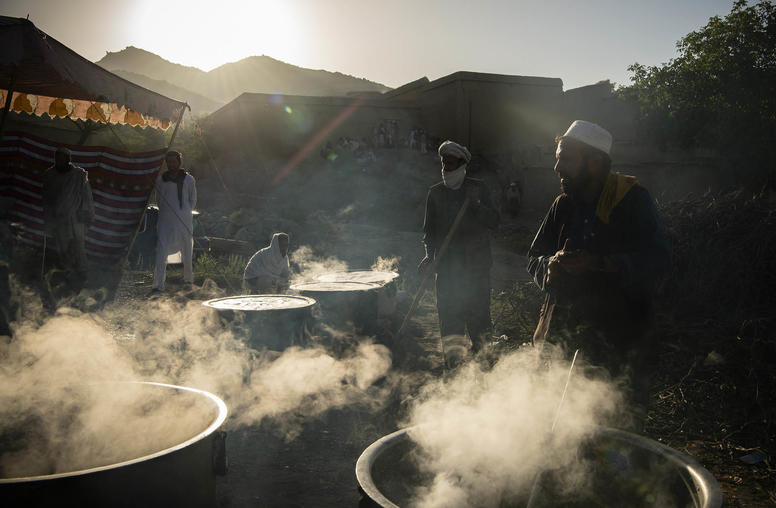
A Year into Taliban Rule, Afghans Face Spiraling Economic, Humanitarian Crises
The Taliban’s takeover of Afghanistan last year — followed by economic sanctions and other restrictions from the international community — precipitated a dire humanitarian crisis. Afghan women and children, particularly girls, have been hit the hardest. After two decades of hard-won gains, Afghan women have seen their rights evaporate before their eyes and young girls’ dreams for their futures have been squashed. Meanwhile, the country’s economic crisis has left nearly the entire population in hunger, with limited access to health care and other basic needs.
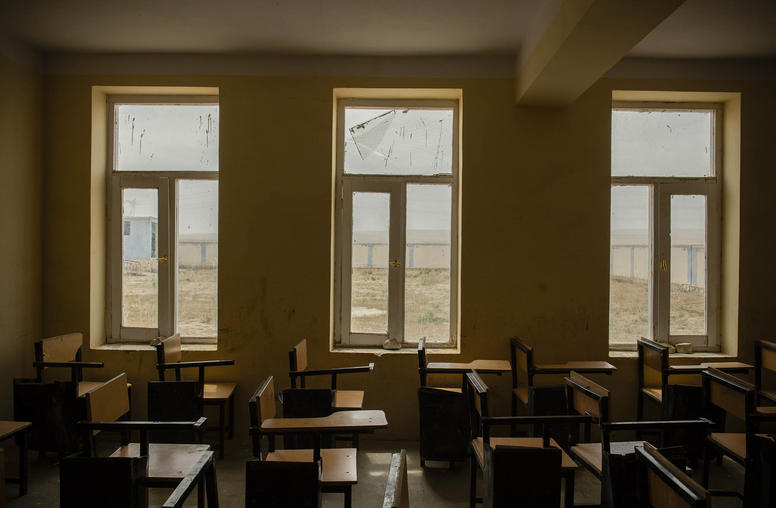
After a Year of Taliban Rule, Advances for Afghan Women and Youth Have All but Evaporated
Despite prior assurances that they had moderated their positions, the past year of Taliban rule has been marred by a disturbing rollback of women’s and girl’s basic rights as 20 years of advancements have nearly evaporated. Meanwhile, the current economic crisis has forced young Afghans out of the workforce and left them in dire financial and humanitarian straits. USIP’s Belquis Ahmadi and Matthew Parkes examine how the Taliban’s oppressive policies have affected Afghan women, girls and youth over the last 12 months and offer ways for the United States and international community to support Afghanistan’s next generation.